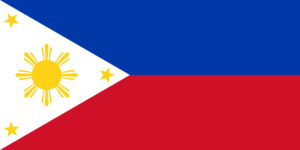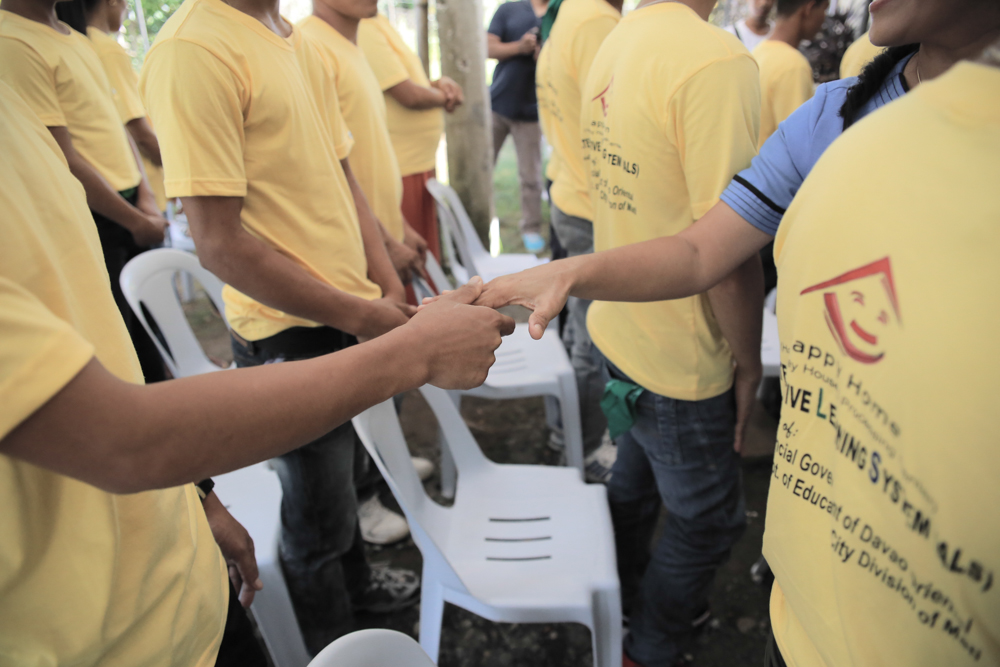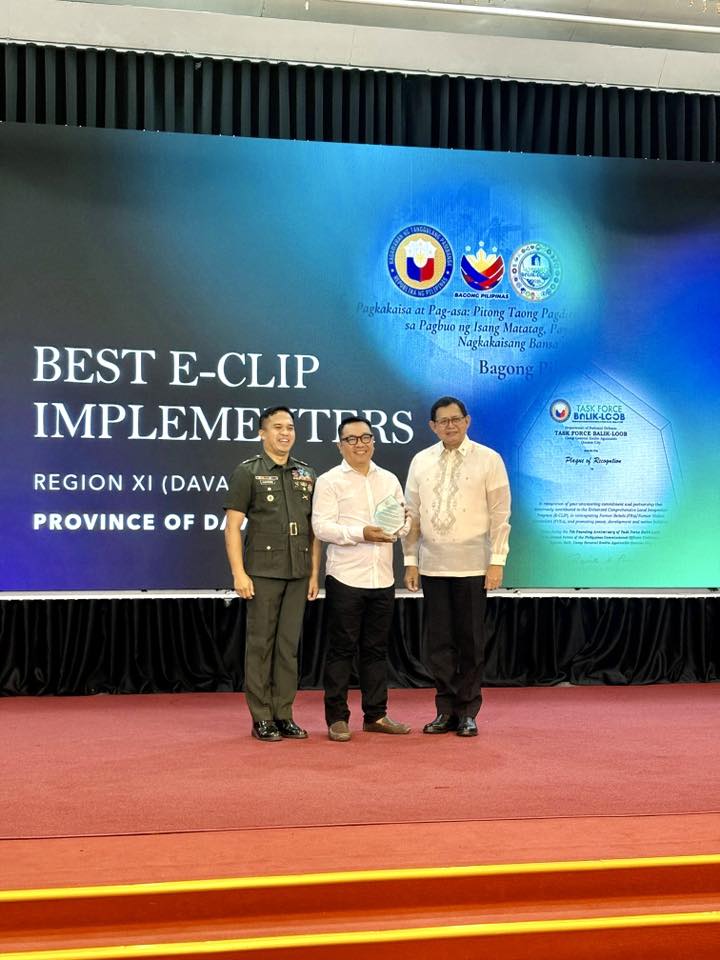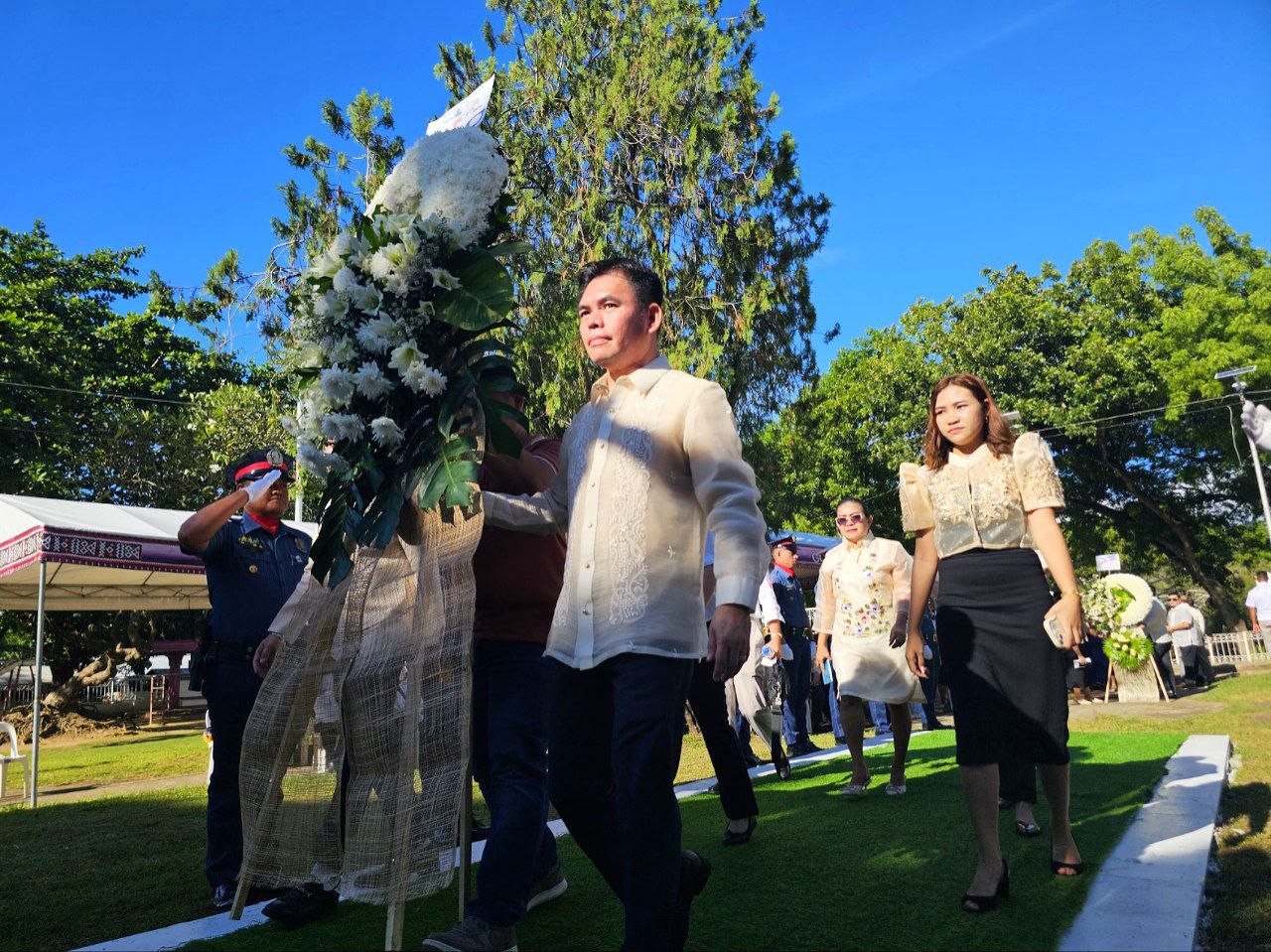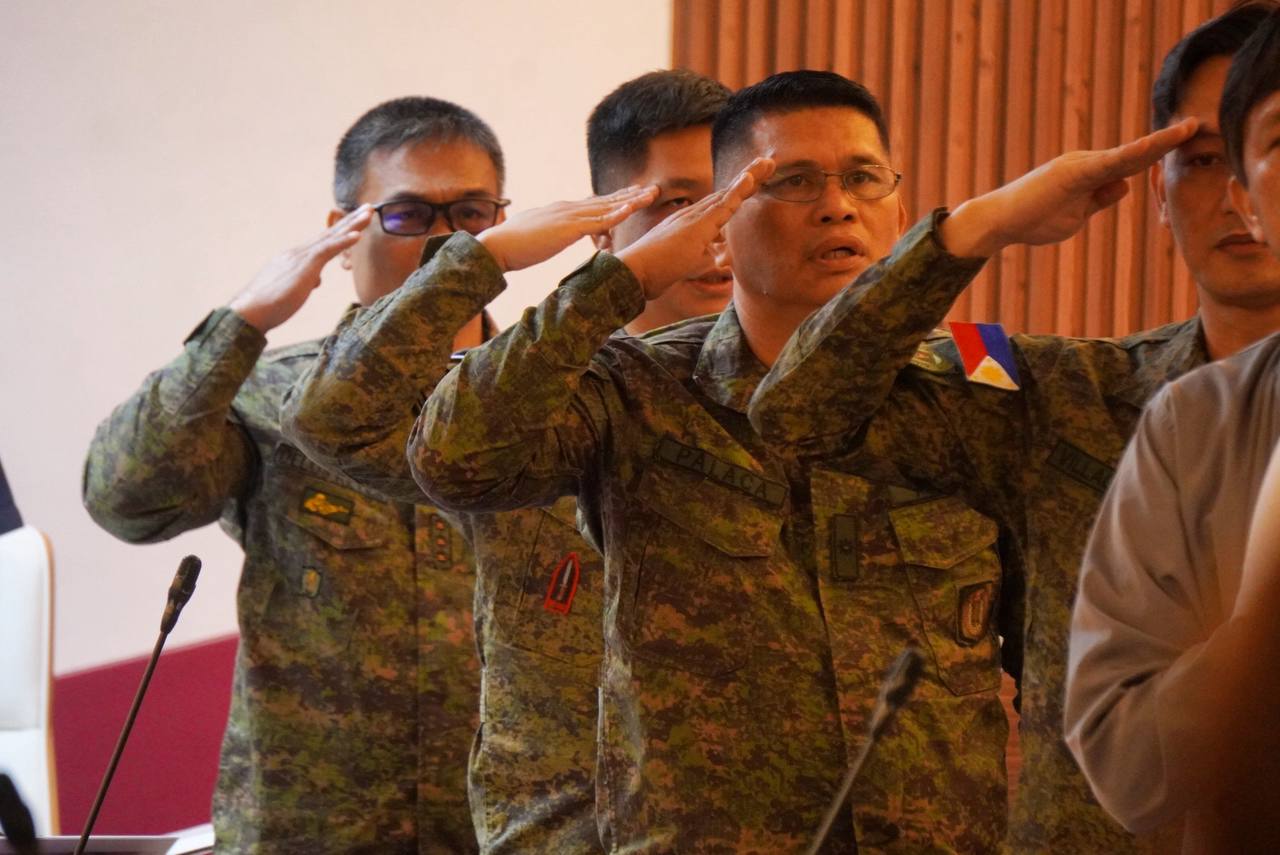Being a new beehive of Communist rebels wishing to embrace the fold of the law, the sprawling facility called “Happy Home” situated right across the biggest military camp in Davao Oriental is producing individuals or “graduates” who had once advocated for an armed struggle against the government but are now the government’s “strong partners” for its peace and development efforts.
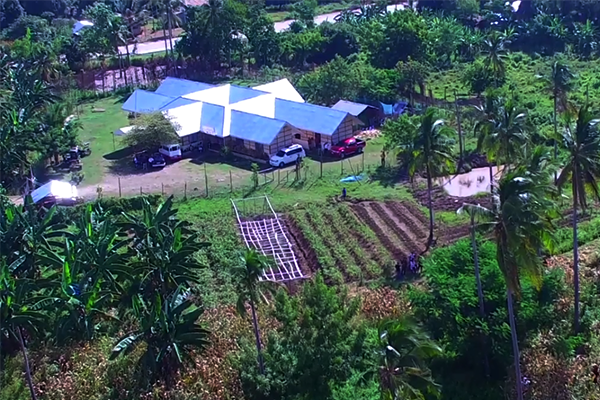
“This government program, the Happy Home, gives us, former rebels, another chance in life, a better life for ourselves, our children and our children’s children,” says a teary-eyed Karl Jay, a 17-year-old former New People’s Army rebel who was one of the hundreds of Communist rebels who have resided at the Provincial Government-run halfway house for former rebels and have received benefits from the government’s Expanded Comprehensive Local Integration Program or E-CLIP (formerly called CLIP).
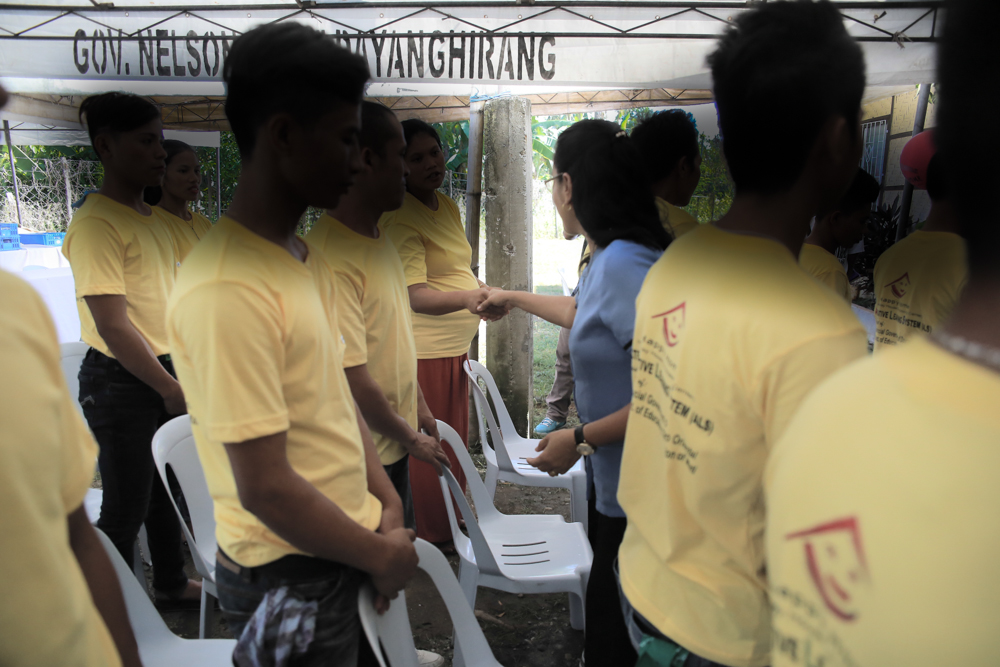
“They (the government) are giving us a hope of life where we and our families can live safely and happily to pursue our grandest dreams. They are giving us the hope of prosperity and abundance, the hope that someday we will be the captains of our fate and builders of our future,” said another.
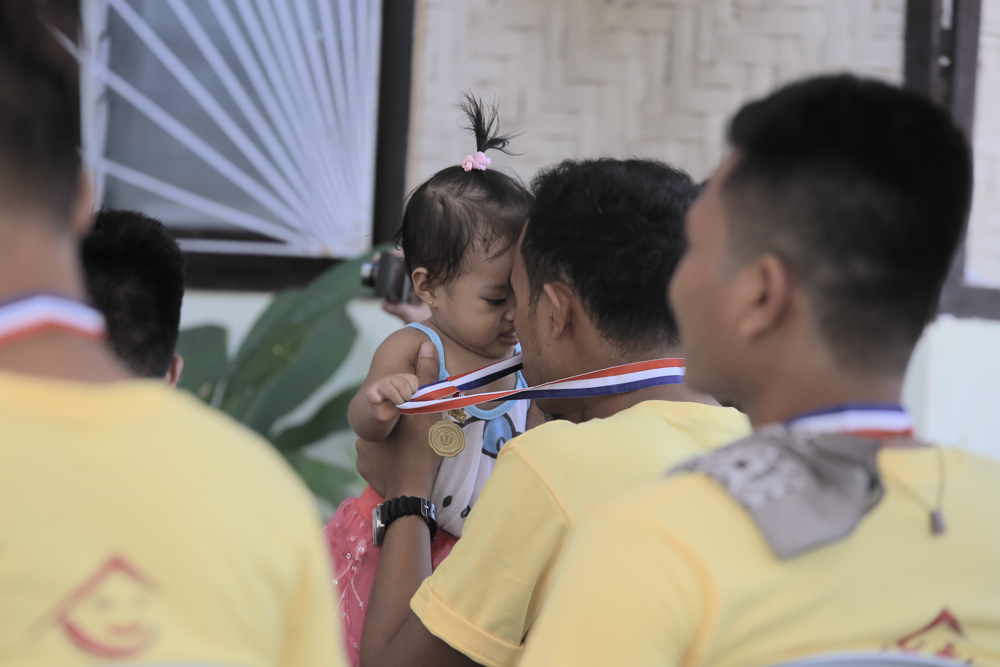
Of the 278 former rebels catered by the Happy Home since 2013, 18 are minors aged 16 and 17. “Let us choose hope over fear. Let us break free from the endless cycle of violence because we are all brothers and sisters. May they (comrades in arms) learn from our beautiful experience from this beautiful home called Happy Home,” says Yan-Yan, a 26-year-old female former rebel who is carrying her newly born three-month-old baby girl as she spoke at their graduation ceremony.
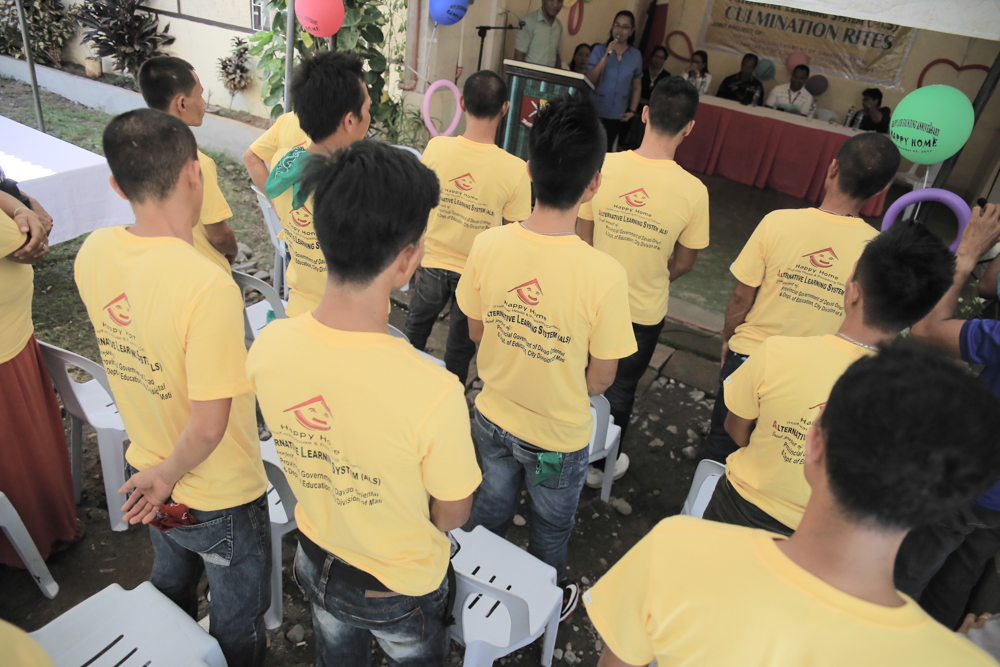
Inside the Communist movement, she says, “We don’t have a spiritual life. We are not allowed to believe in God. Here in the Happy Home, I and my fellow former rebels have become devout Christians. We are happy that we have been baptized at the Mati Cathedral.”
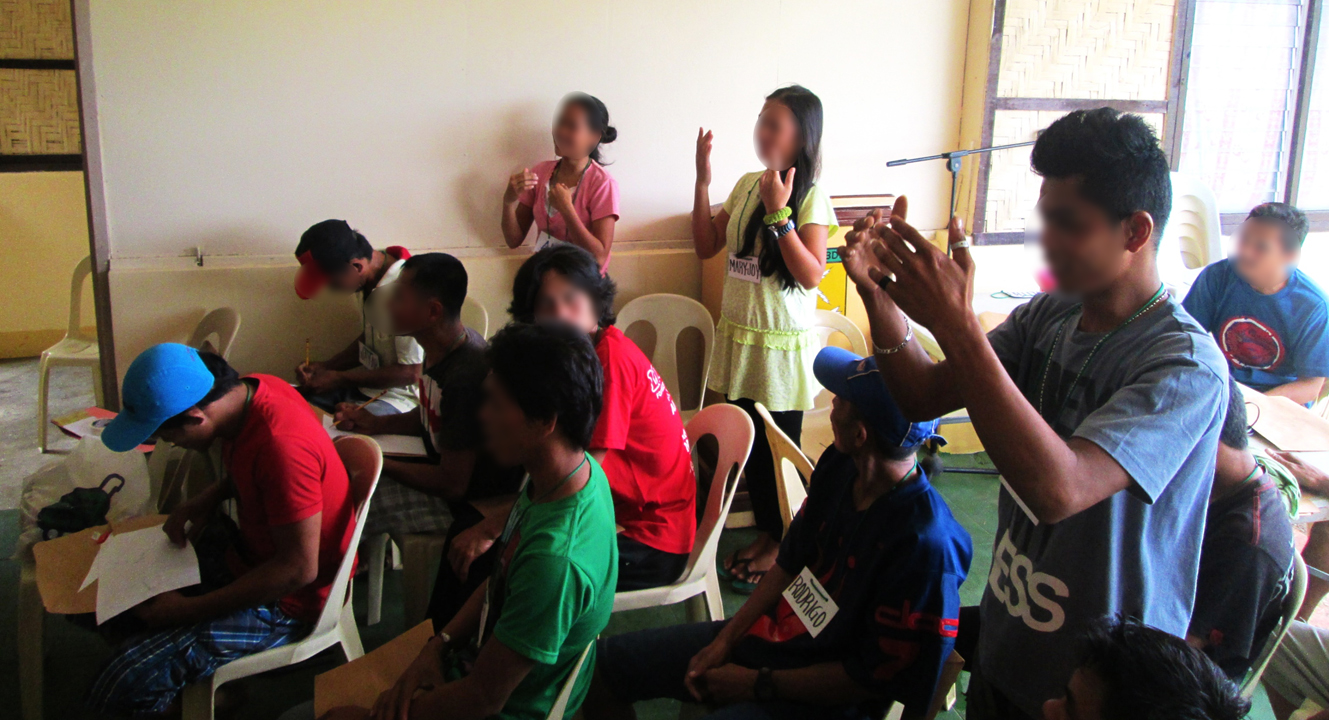
Since the Happy Home’s inauguration in 2013, former members of the Communist New People’s Army have benefitted from the program that entices the insurgents to leave the armed struggle in exchange for huge financial assistance and a host of other benefits among them a free education and livelihood training.
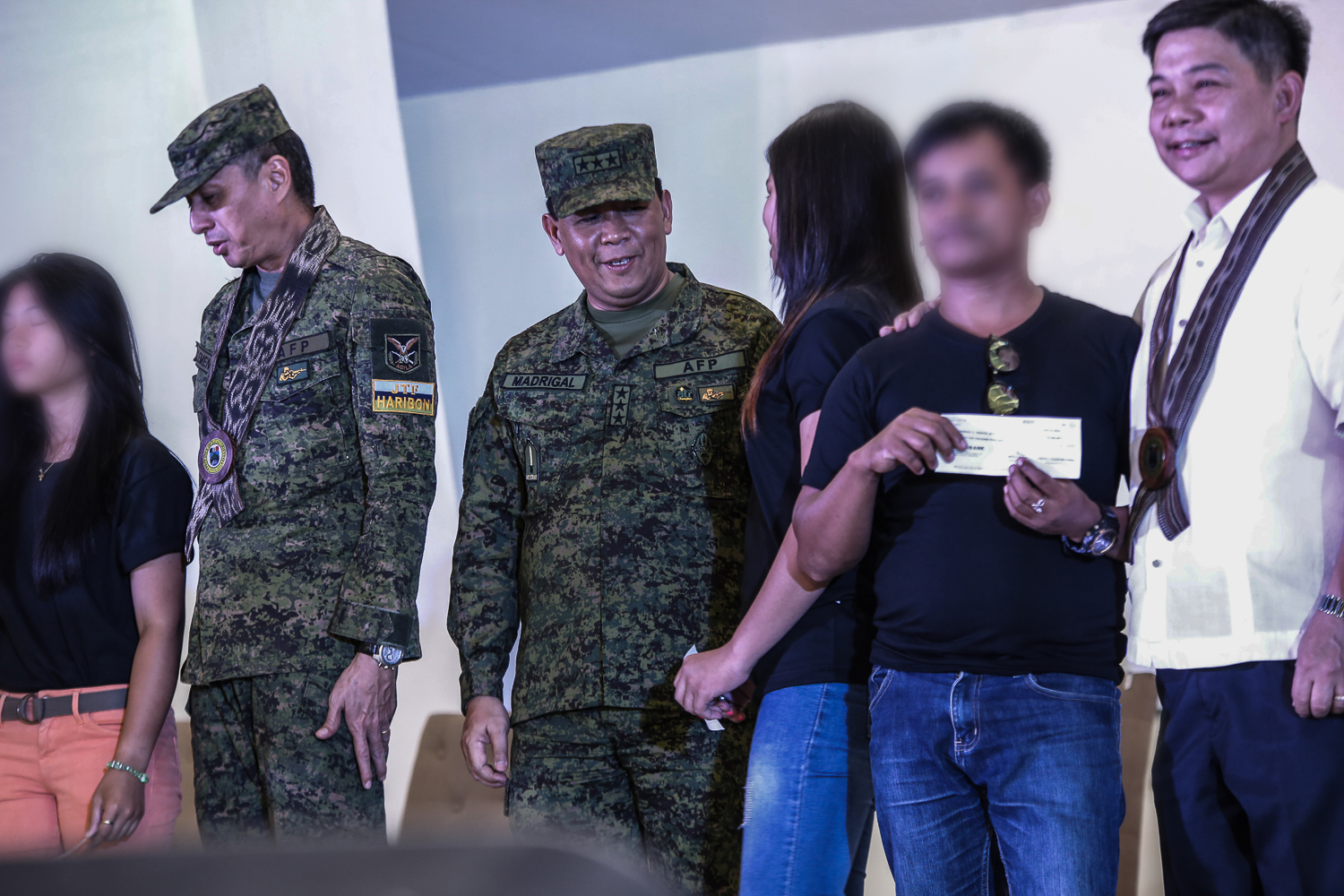
PRICE FOR PEACE
Officials of both the provincial government and the military have said that the Happy Home program is a “worthy vision”, being the first and only of its kind in the whole country, and is “the price” the government is willing to pay for peace and human development in our time.
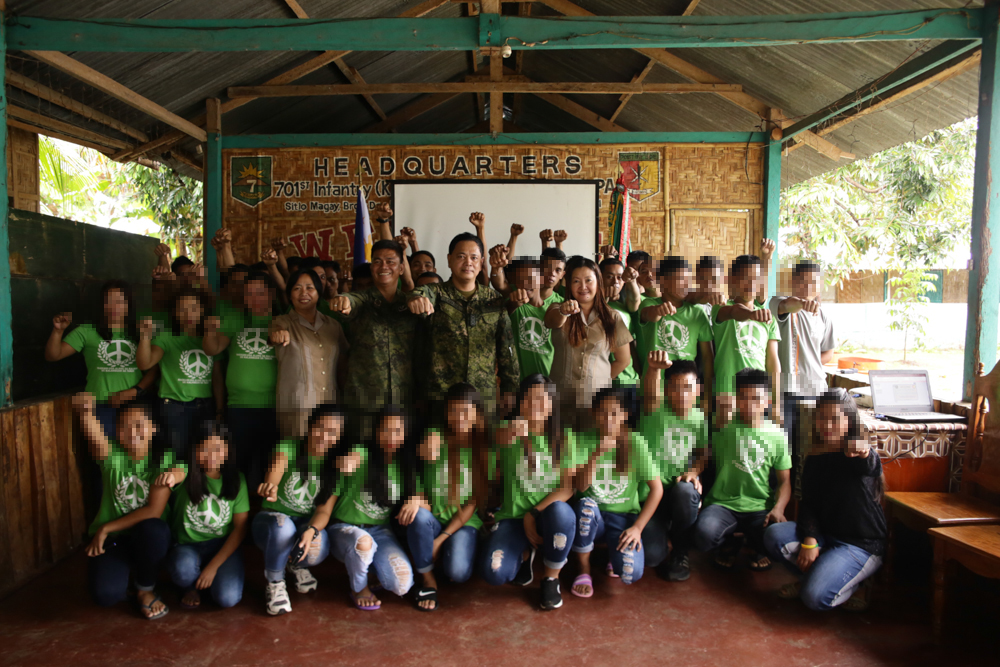
“You are now the New Peace Advocates. You are now civilians, no longer the insurgents and you will be our strong partners in our peace and development efforts,” Governor Nelson Dayanghirang told the former rebels in one livelihood assistance turn-over ceremony.

The Philippine Army has always been ready to help the former rebels and their families in their gradual integration to their communities. Before former rebels undergo the final stage of their transition to normal life, they are being treated and processed through various training. The first and basically one of the salient features of the process is the ten-day “de-radicalization” facilitated by soldiers at the 701st Brigade’s Ugnayan Center. Here, they undergo meticulously programmed daily lectures and activities that aim to prepare former rebels for their admission to the Happy Home. Through the de-radicalization program, they are ensured to become receptive to the interventions in the ensuing rehabilitation process. Here, the former rebels undergo activities such as gardening, moral recovery, Sunday mass, and lectures on scores of topics such as Philippine history and socioeconomic theories, among others.
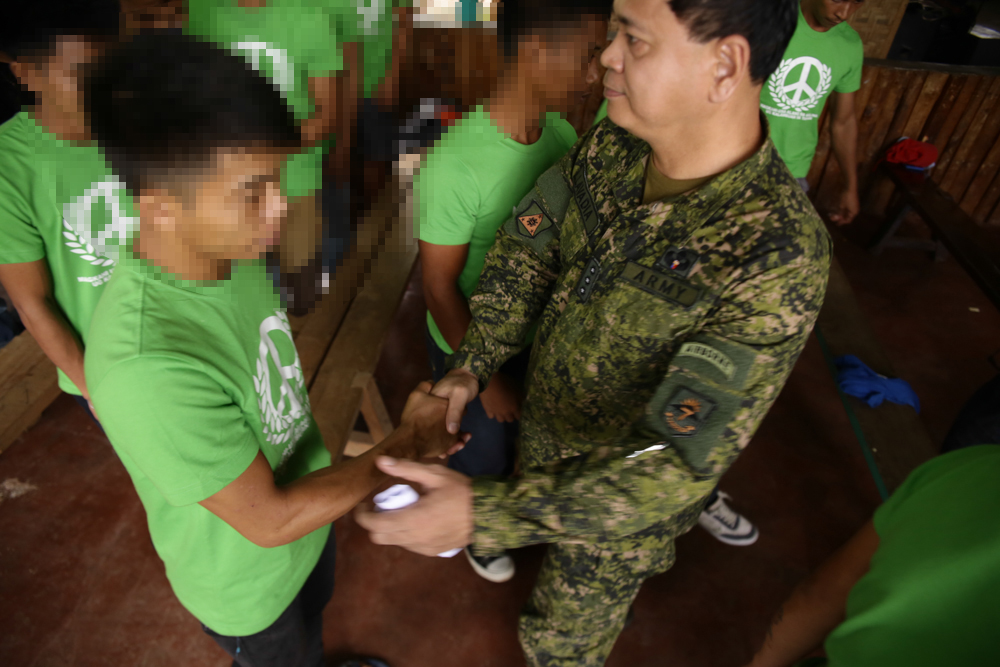
Also, through the innovation of the 701st Brigade, the former rebels are taught and given hands-on training on farming vegetables and raising livestocks that include pigs and poultry. These are owned and tended by the former rebels and all proceeds from its sales go directly to them. This has given former rebels wider economic opportunities when they get back to the community.
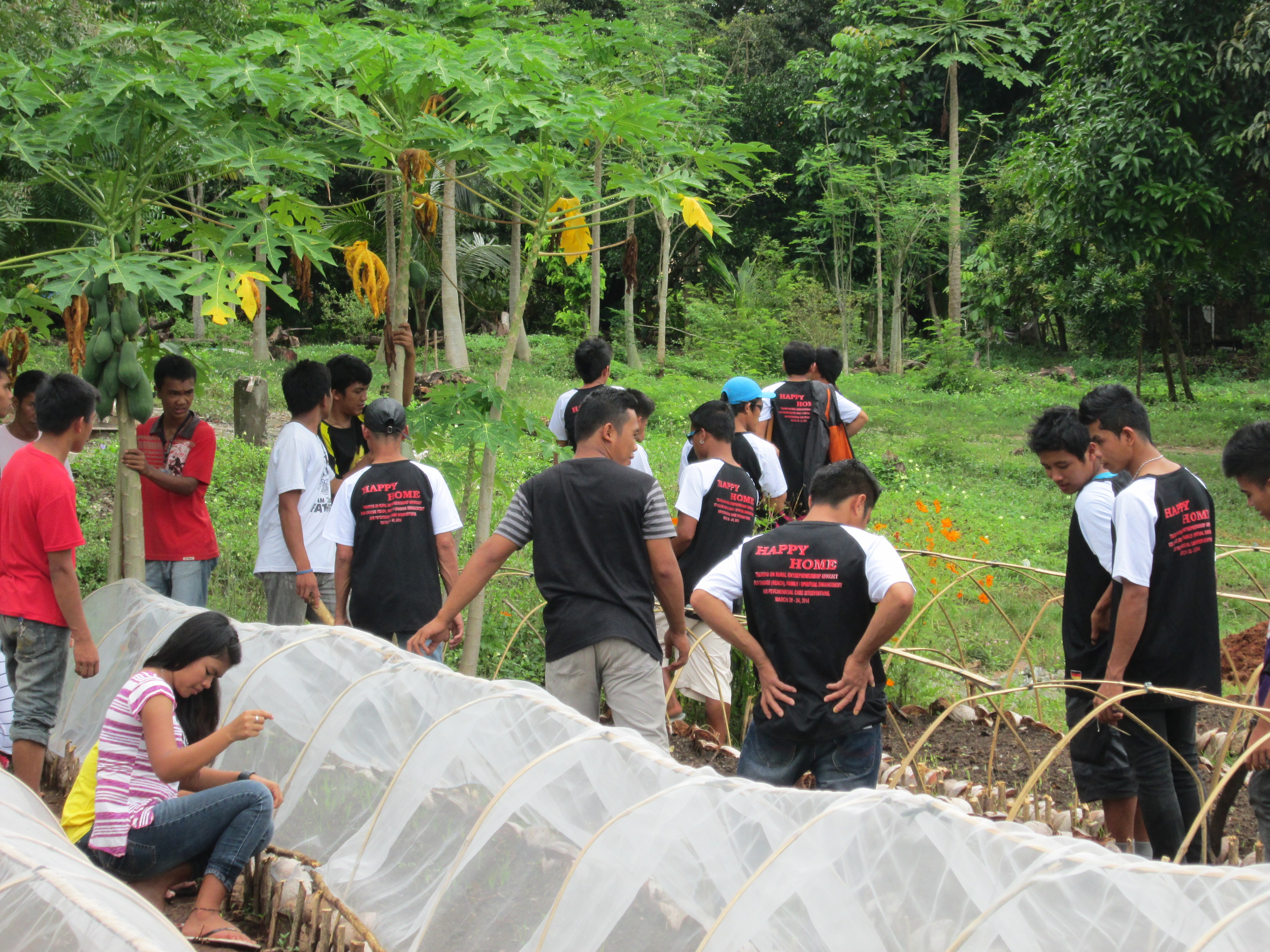
Aside from these interventions, the Happy Home which is staffed by a composite group providing psychosocial, spiritual and other services, also provides services such as seminars in rural entrepreneurship development with the Provincial Agriculture Office (PAGRI) and workshops in vocational skills with the Technical Education Skills Development Authority (TESDA).
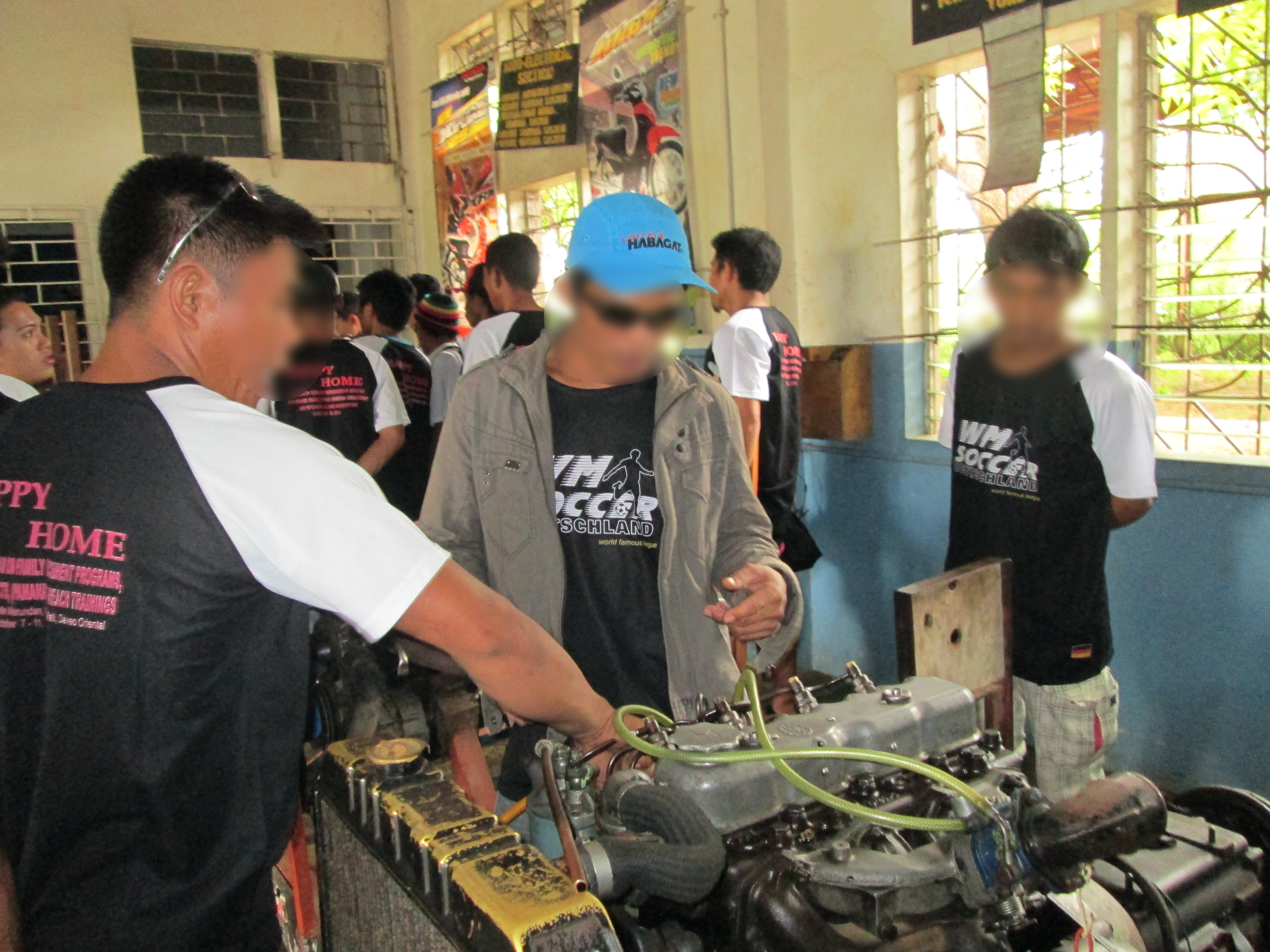
For instance, crop production, livestock raising, fish culture was facilitated by the provincial agriculture office and the Department of Agriculture and PAGRI, skills development of the TESDA; techno-transfer and value-adding of the Department of Science and Technology (DOST), entrepreneurship of the Department of Trade and Industry; Alternative Learning System (ALS) of the Department of Education, and other related services of the Department of Agrarian Reform (DAR), and the Department of Labor and Employment (DOLE), among other agencies of the government.
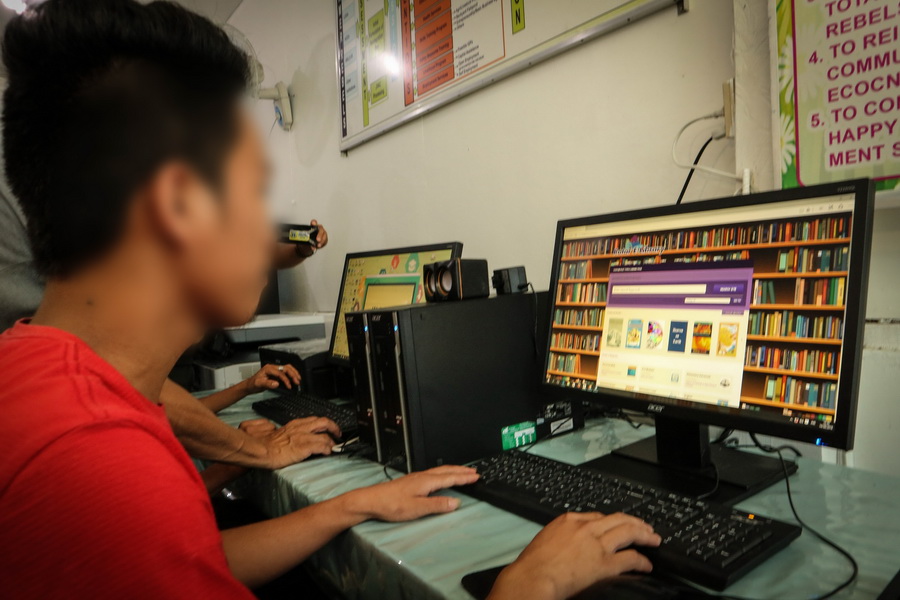
New services are also being incorporated such as Computer Literacy Program through the Department of Information and Communication Technology (DICT). And recently, through President Rodrigo Duterte’s directives through the E-CLIP, the former rebels are now eligible to be enrolled in the government’s housing program.
Also, since the beginning of its operation, the Happy Home has made promising successes, particularly in enriching former rebels’ moral and spiritual values for their total healing while strengthening their confidence in the government. The Happy Home also offers former rebels religious services such as facilitation of baptism, confirmation, and mass weddings.
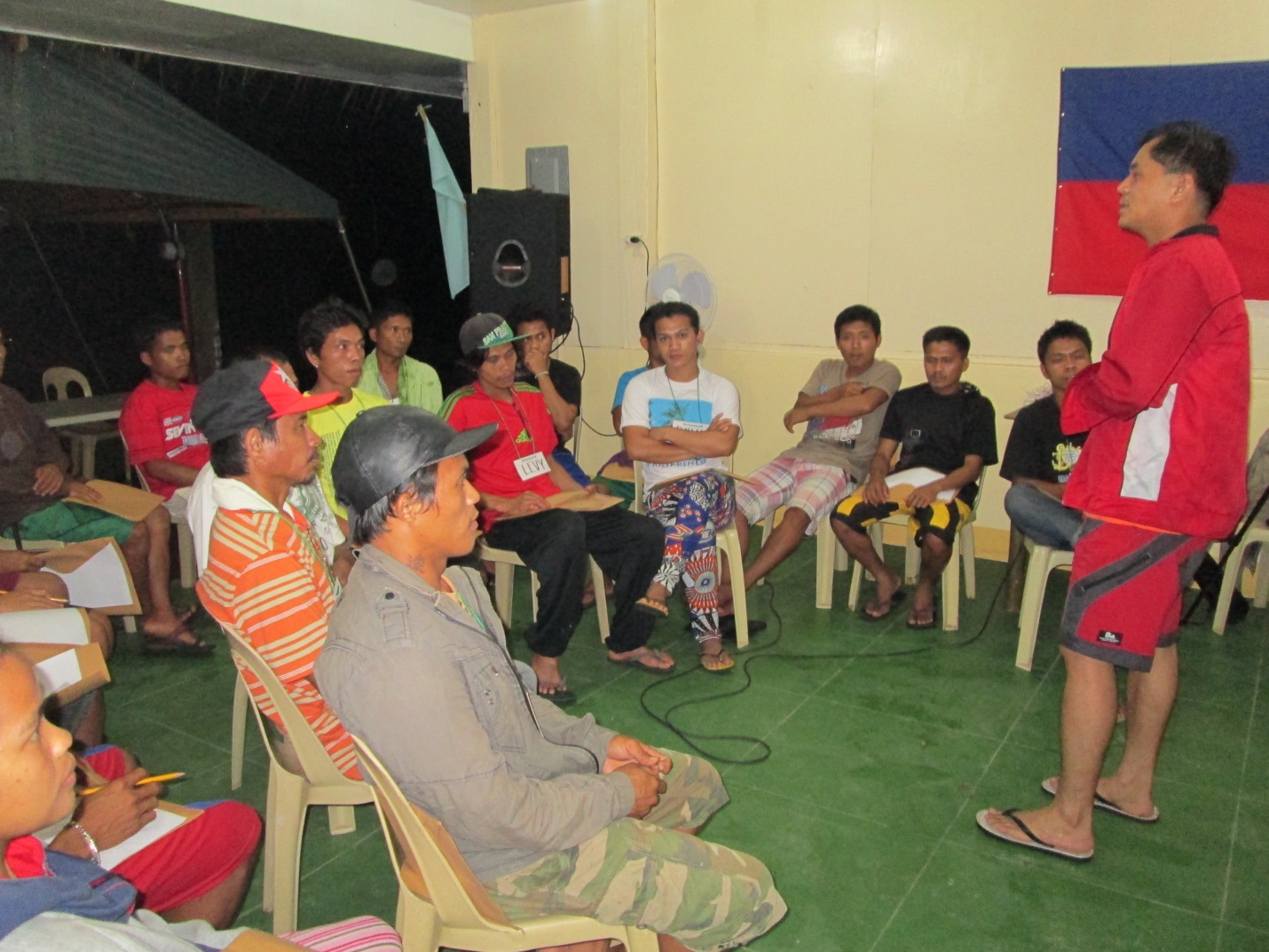
Through the government’s E-CLIP, each of the former rebels will get P65,000 each immediate and livelihood assistance for them to start a new life. “We have done our part, so I hope you will do yours. We have capacitated you during your stay in the Happy Home. Now, you know how to use computers. I hope you will become responsible citizens, helping our country to achieve sustainable peace,” said Department of the Interior and Local Government (DILG) Provincial Director Yvette Sunga in one of the ALS graduation ceremonies at the Happy Home.
The former rebels who will leave the Happy Home after their graduation were always told by military officers that they are welcome if they wish to visit the Happy Home and the nearby Philippine Army’s 701st Brigade’s camp.

Sarah Gudes, the provincial head of the Department of Social Welfare and Development office told the former rebels in one occasion: “The reason you are here is to learn and experience the huge benefits of surrendering to the government. I hope you will spend the P65,000 in financial assistance being given to you by the government to worthwhile investments. Please don’t use the amount to buy pricey gadgets like cellphones.”
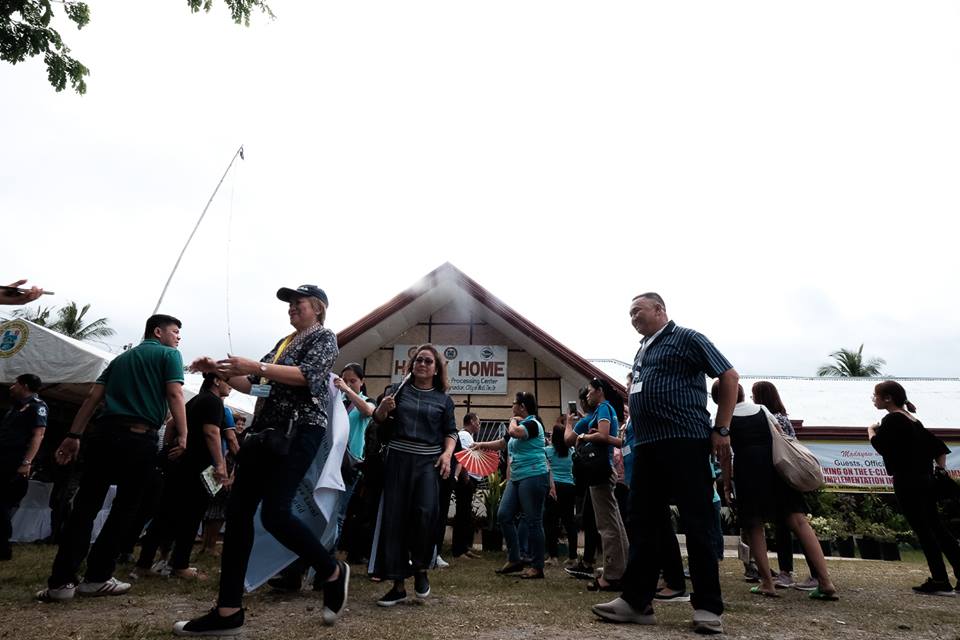
While most of the former rebels are farmers, they say they will invest the assistance they have received on growing crops, raising livestock. Other have expressed their interest to engage in small business like opening a “sari-sari” store.
With the skills they have acquired during their stay at the Happy Home, these former rebels say they now have the confidence to build new productive lives for themselves and their families.
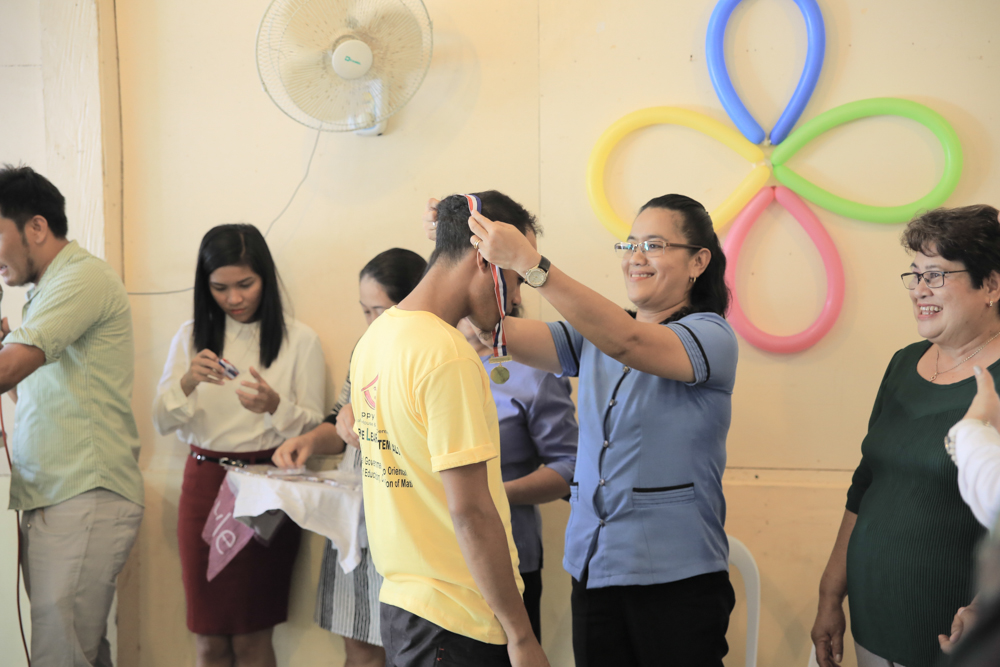
WORTH EMULATING
The halfway house called ‘Happy Home’ is among the shining examples of excellence in local governance that is worthy of emulation and recognition. Inaugurated on April 10, 2013, during the term of former governor now Congresswoman Corazon Malanyaon, the Happy Home has been continuously helping rebels in their transition to civilian life under the present leadership of Governor Nelson Dayanghirang’s leadership.

The Happy Home is Davao Oriental’s way of firmly installing the pillars of shared peace and prosperity in the province. It shows that change for the better and genuine development is possible, the only hindrance is the inability to think beyond one’s self.
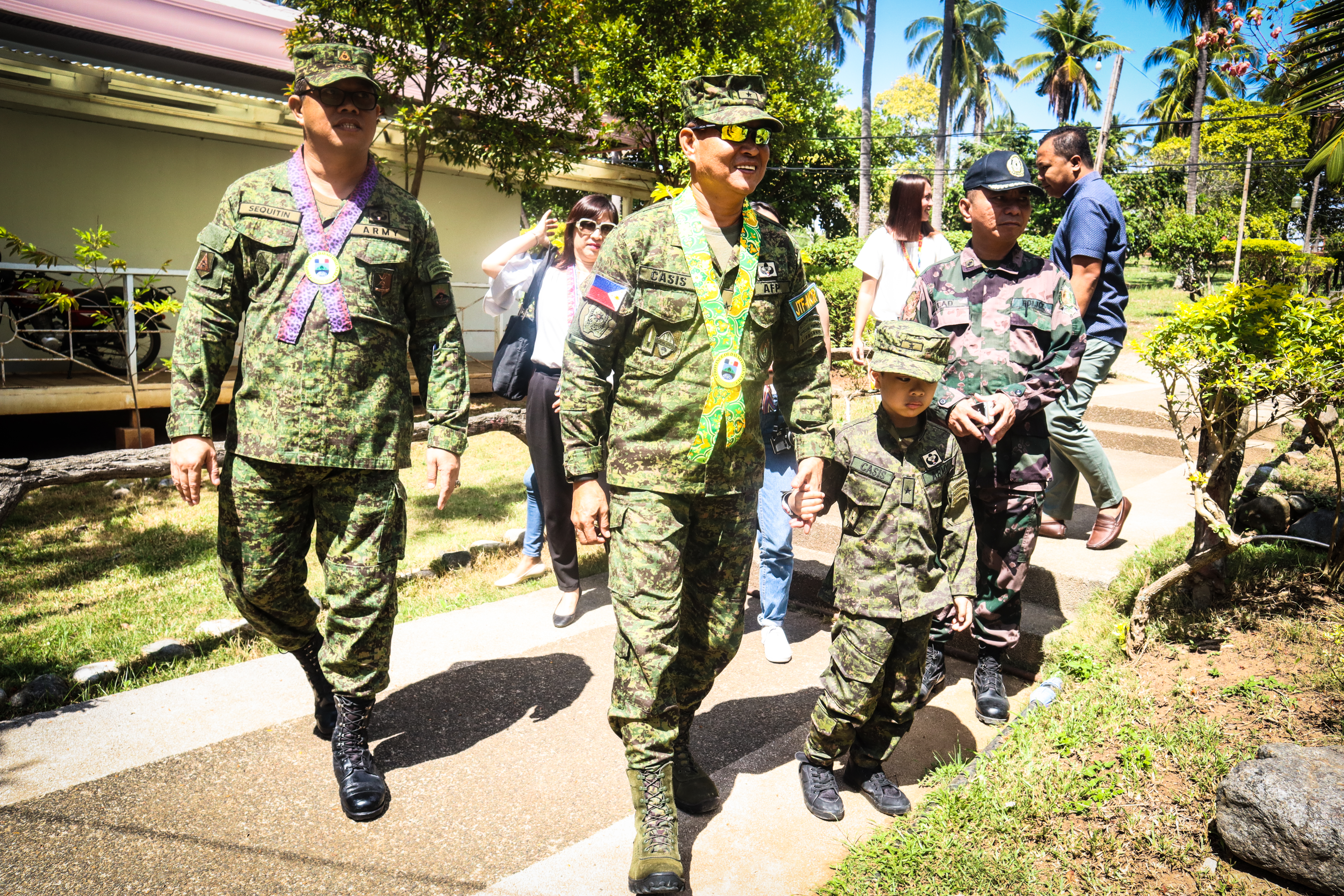
With the outstanding success of the Happy Home operation under the E-CLIP, it has become a shining example of excellence in local governance that is worthy of emulation and recognition made possible through the efforts of the past and present leadership. In recent years, the Happy Home has been receiving scores of prestigious awards from different agencies. This includes the recently conferred Kapayapaan Award by the Armed Forces of the Philippines for its steadfast advocacy of peace. This was personally turned over by AFP Chief of Staff General Benjamin Madrigal, Jr. to Davao Oriental Governor Dayanghirang and the persons behind the successful implementation of the E-CLIP and operation of the Happy Home.
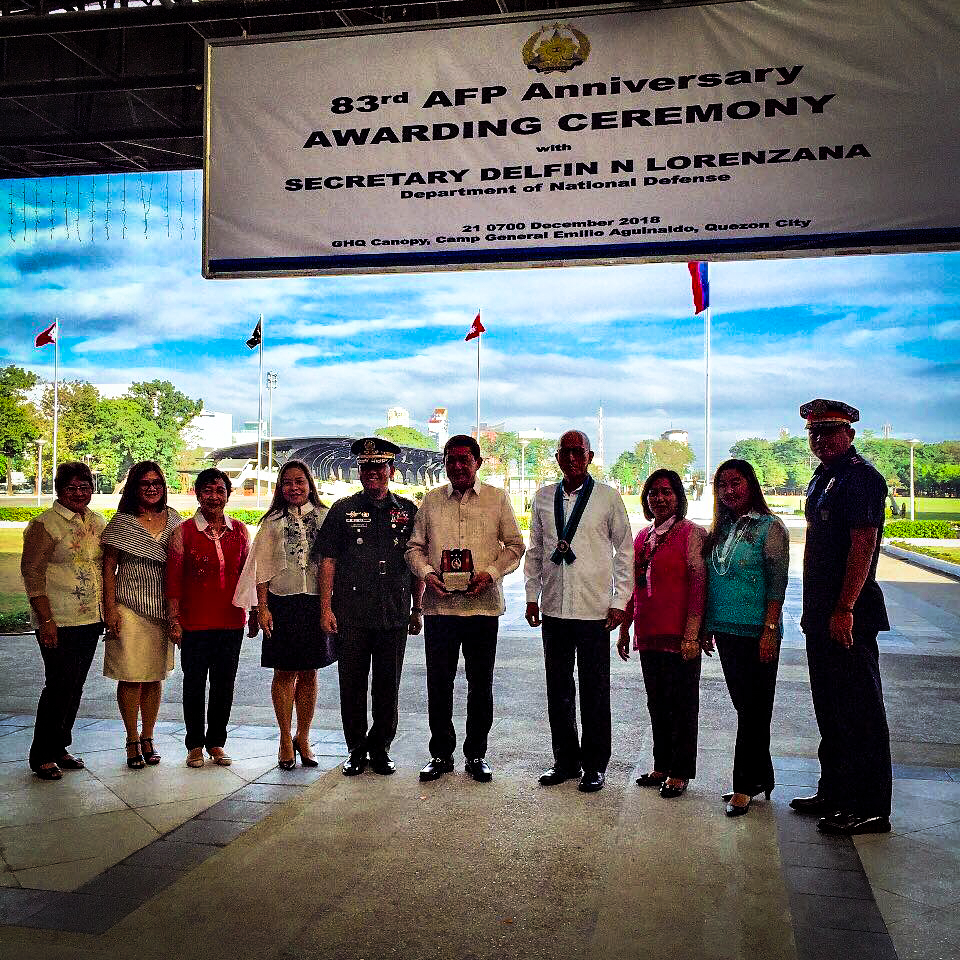
Moreover, due to its success, the Happy Home is now considered a model in the E-CLIP implementation, inspiring other local government units to emulate. Gaining nationwide distinction, the Happy Home is being frequented by different Provincial Government Units from around the country who wish to establish their own facility for former rebels, believing that this local initiative is an effective strategy in building and fostering long-lasting peace.

Meanwhile, Governor Dayanghirang vowed that under his administration, the province will continue to provide the former rebels the wherewithal to join the mainstream with livelihood and employment, scholarships for their children, health services and others. “Indeed, this program has truly changed and redefined the face of local governance and development. This is our commitment to the goal of peace as the people of Davao Oriental are earnestly longing for an end to violent conflict.”

The governor and the military believe that genuine people’s participation is crucial in institutionalizing peace and development efforts. They are making sure that all projects and activities are packaged and implemented with the participation and input from the community members. Thus, skills in managing peace-building initiatives are imparted at the grassroots level. The peace program aims to empower members of the community by transforming them to become peace advocates. They regularly conduct peace forum and dialogue in the barangay and municipal levels, peace consultations with key leaders including barangay officials and influential community leaders, and training on the culture of peace in schools and communities.
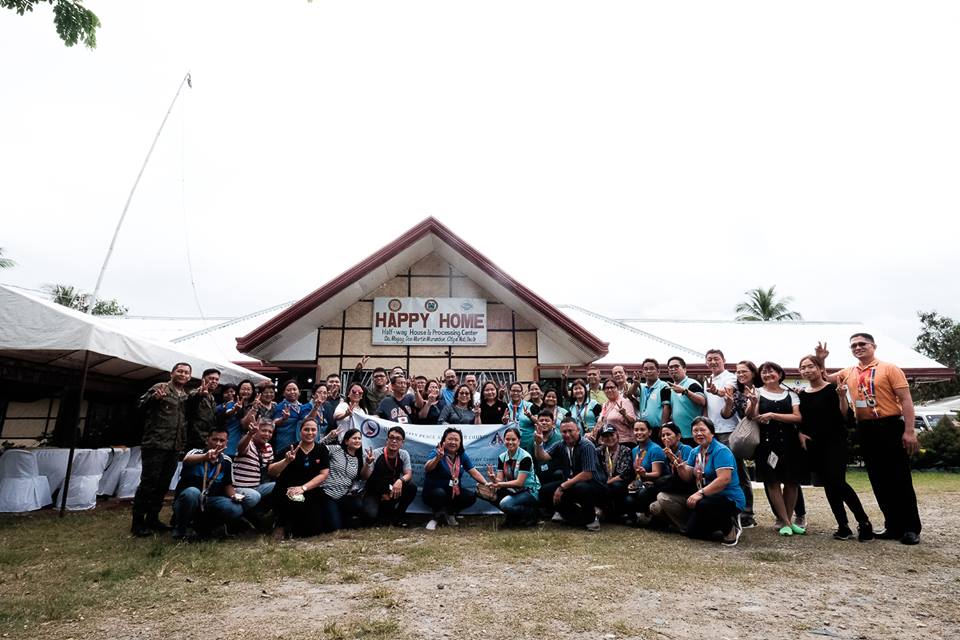
They believe that the most pressing concern is the immediate provision of basic services especially to war-torn places in the province to address the decades-old problem of insurgency. The provincial government and the military have come up with a more comprehensive program for pursuing peace. It is being done by fostering community dialogues, introducing community-owned projects, and creating communities of peace. They are now pursuing principled partnerships with people’s organizations, non-government organizations, churches from different religions, tribal leaders, local government units, government agencies and many other sectors who know how to reach out to the constituents and win their cooperation and trust. (By Karen Lou Deloso and Ferdinand Zuasola/Photos by Eden Jhan Licayan and Happy Home Staff)
